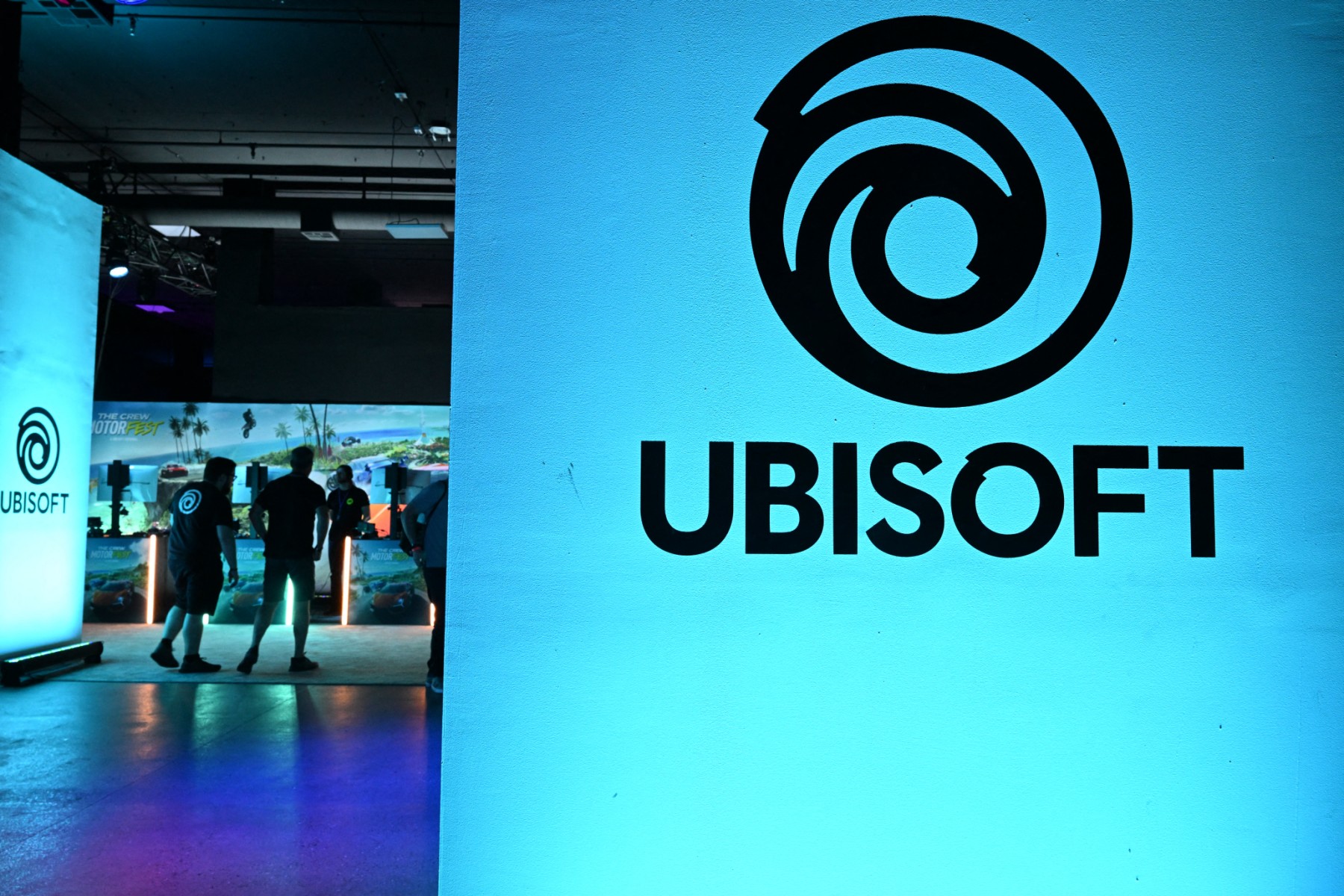Paris, France– After years of turbulence that saw several top executives out the door, Ubisoft is betting aggressively on “Assassin’s Creed Mirage” to level up profits for the French publisher, with a steadier line-up of new releases.
The latest entry in the wildly popular “Assassin” franchise is released Thursday, to be followed in December by a game based on the hit “Avatar” films — which was originally scheduled to hit shelves a year ago.
Attesting to its optimism, Ubisoft expects strong revenue growth this year after a string of lackluster results.
“For the past four or five years, the company has disappointed enormously because it has postponed a lot of its new games,” said Charles-Louis Planade, an industry analyst at Midcap Partners.
But he now expects regular releases from a catalogue that includes top sellers like “Rabbids” and “Just Dance”.
These new games “are clearly going to improve the company’s financial health and get back to being the Ubisoft we knew a few years ago”, Planade told AFP.
Taking no chances, the group is launching “Mirage”, set in ninth-century Baghdad, at 50 euros ($53) instead of the 70 euros often set for new titles.
High hopes
A successful launch would be a welcome end to a year that began with a rare strike in the video game sector, with two Ubisoft unions protesting management practices.
Allegations of pervasive sexism, discrimination and harassment in Ubisoft offices worldwide first emerged in 2020, leading to the firing or exits of executives including its creative director.
CEO Yves Guillemot filled in temporarily until insider Igor Monceau was tapped for the job in September 2021, but recovering from the disruptions would take months, including a revamp of its human resources department.
Development of the long-awaited “Skull and Bones” is a case in point: originally expected for 2018, it has yet to see the light of day.
But 2023 has seen a series of developments in Ubisoft’s favor.
In August it signed a deal with Activision Blizzard, the target of a takeover bid by Microsoft, that would give it the cloud gaming rights for Activision games for the next 15 years.
With cloud gaming, players can stream a title from platforms like Netflix, without having to buy a traditional console and game cartridge.
The deal is expected to get approval from UK competition authorities soon, and would give Ubisoft cloud rights to a catalogue including the wildly successful “Call of Duty” and “Candy Crush” games.
“We strongly believe in the next five to 10 years, many games will be streamed and will also be produced in the cloud,” Guillemot told The Financial Times in September. “That’s what pushed us to go forward with the deal.”
The cloud market is still embryonic but could be valued at over $8 billion in 2025, industry consultancy Newzoo predicts — compared with a global video game market worth around $300 billion, according to Accenture.
“If cloud streaming is a success, our initial simulations highlight significant potential for a contribution to the group’s earnings,” said Emmanuel Matot, an analyst at Oddo in Paris.
Ubisoft is also betting heavily on virtual reality ahead of next year’s expected release of Apple’s Vision Pro headset.
“Apple’s commitment and investment will take that industry to a new level,” Guillemot told AFP in June, and Ubisoft “for sure” envisions developing games for the Vision Pro.
The cleared horizon has helped Ubisoft stock climb around 13 percent since the start of the year, despite a profit warning in January that sent shares tumbling to levels not seen since 2016.
Despite a market value of nearly four billion euros, it remains one of the smaller publishers as mergers and takeovers swirl, but for the moment the Guillemot family appears well in control, after sealing an alliance with Chinese giant Tencent that gives it a 10 percent Ubisoft stake.








